Before you were born, you were conscious of your surroundings, as restrictive as they were.
Through your mother, you were learning what it was like to feel peace and distress.
Peace and distress are powerful forces which control your ability to trust.
What is trust?
At a macro-level, trust is the currency with which we purchase the collaboration required to create civilization.

The more we trust others, the more collaboration we can purchase, and the more civilization we can create.
On a micro-level, trust is the interest you receive, or don’t, after having invested your time learning about someone else. Not all investments pay dividends, and yet, nothing ventured nothing gained.
The origins of trust
Before you were conceived, your mother and father most likely formed a bond of trust with one another. This initial bond was necessary in order for the act of consensual sex to take place.
Why is it that the act of consensual sex is so special? Could it be because it is the ultimate display of trust that we humans can offer?
Most likely – It is, after all, an act which, when performed to maximum satisfaction, requires both parties to be as physically vulnerable as they can be – and voluntary vulnerability requires trust.
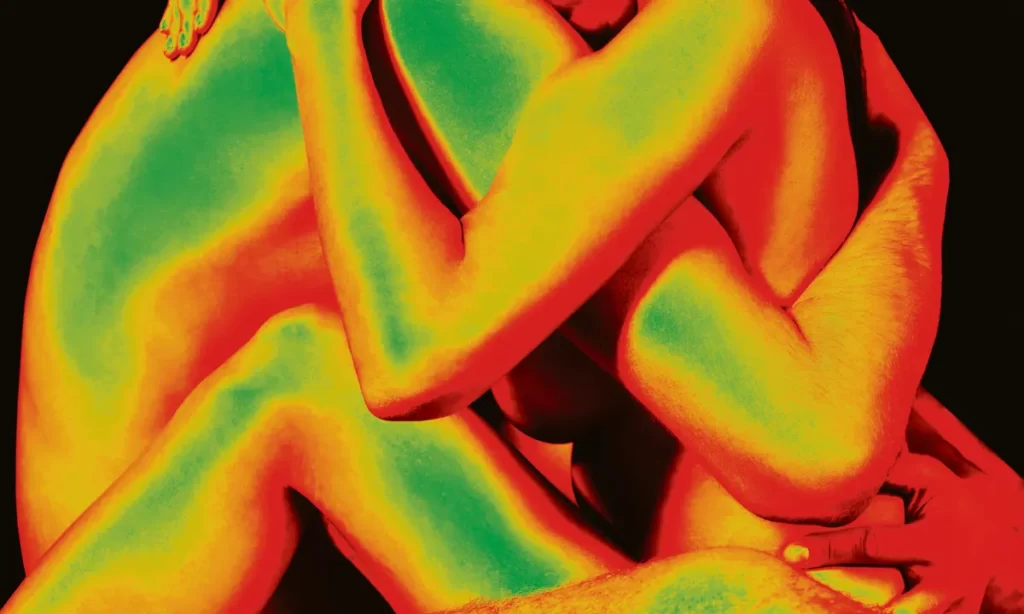
In part, it is this physical vulnerability which creates the powerful euphoric psychological state associated with sex.
It seems safe to say that the origin of trust could rest in the very act necessary to create human life.
Therefore, it seems to follow that, trust is essential to human life.
The development of trust
Just as a man and a woman must be able to trust one another in order to create a family, so too must families be able to trust other families in order to create communities, and communities must be able to trust one another to create towns, etc …
This is because all of these things require cooperation, and cooperation requires trust.
But what is it that makes it possible for us to trust one another, to the extent that we do?
Peace vs distress
We trust those we have peace about, and we have peace around those we trust.
But what permits us to have peace around someone?
We have to believe that they either have our best interests at heart, or, at the very least, are not working against our interests.
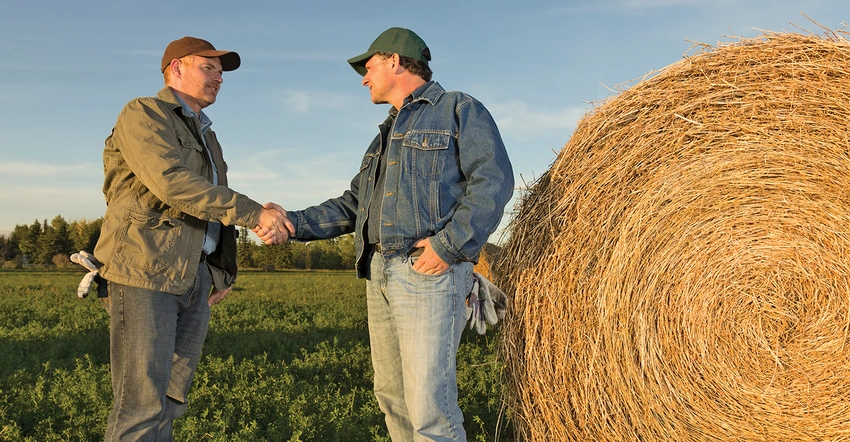
It’s as simple as that.
Bad for trust
And yet, it seems it’s not that simple at all – at least not anymore.
Trust in the modern era seems to have become incredibly, and detrimentally, elusive.
One reason for this could be because trust is based on knowledge – you have to get to know someone in order to know whether or not you can trust them, and in order to truly get to know someone you have to spend time with them, communicating and finding out what their interests are and to what extent their interests align with yours.
It is no secret that modernity, while having it’s benefits, has not facilitated humans getting to know one another better than, or even equal to, the degree to which people got to know one another just several decades ago.
To the contrary, modernity, and perhaps especially the Internet, has taken humanity down a path where we can tell the world about ourselves – whether truthfully or not – and be aware of the supposed interests of hundreds of people located anywhere on this planet over the course of a single day, while simultaneously having no knowledge of our own neighbors, let alone the hundred people within the radius of our immediate place of dwelling.
Our governments tell us that everything of greatest importance are “global issues” which require “global solutions”. Meanwhile the vast majority of mainstream media simply amplifies the government’s rhetoric, and that of any expert who agrees.
All of these factors work to tear down the fabric of trust in our societies – whether or not that is the motivation of government and media.
Levels of trust
Trust is like an onion – it has layers.
The most outer layer of trust is a negative trust – we trust someone will not do us harm.
As we move towards the inner layers of trust we reach the point where positive trust begins to emerge – we trust someone will be there for us when/if we need them to be.
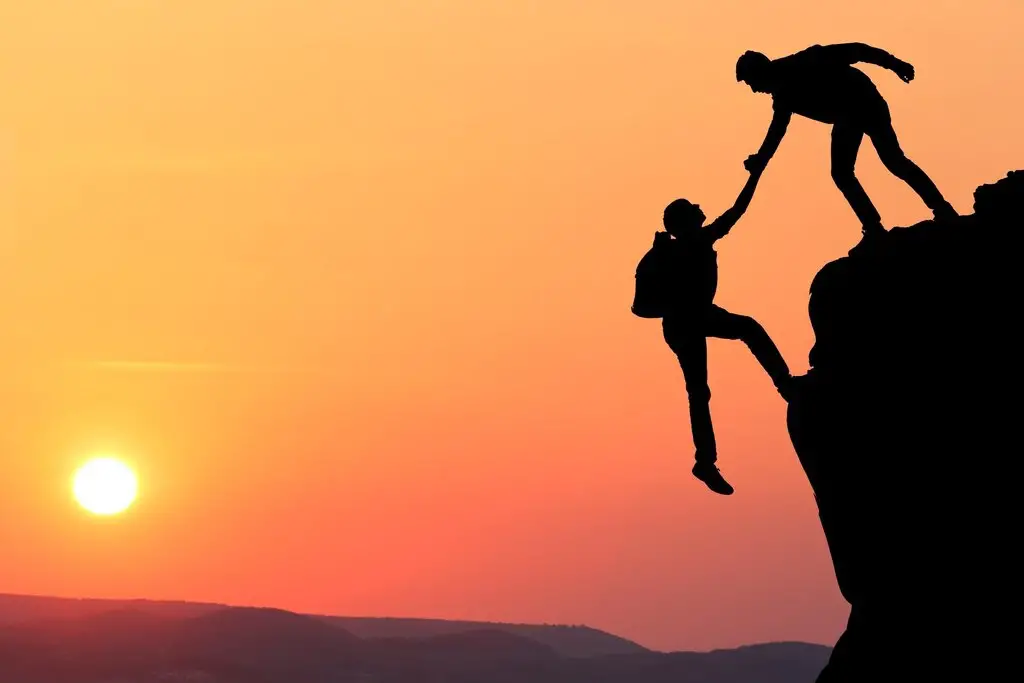
Between the type of trust that is derived from believing that someone will not kill you, through to the ultimate form of trust which is placing your life in the hands of another person, there are many intermittent types, or layers, of trust.
And it cannot be stated enough – building up trust requires knowledge of others over time, but that hard-won trust can also be destroyed in an instant.
Conclusion
Human life, our ultimate aim, relies on cooperation, which, in turn, relies on trust.
Knowledge over time, is required to build trust.
This means that people need freedom to voluntarily associate with, and therefore also disassociate from, other people over long periods of time.
Furthermore, the aforementioned knowledge must be based on reality and truth. Therefore people need to be free to engage in communication and relationships without coercion.
The degree to which we can trust one another is the degree to which we can prosper and flourish – in freedom.
It should come as no surprise to the reader that such trust is not in the interest of all – specifically those who busy themselves with the goal of making humanity in their image, otherwise known as those who “play god”.
Trust is the antidote to the philosophy of ‘Divide et Impera’ (Divide and Rule) which that powerful minority of humanity have acted on for over two millennia.

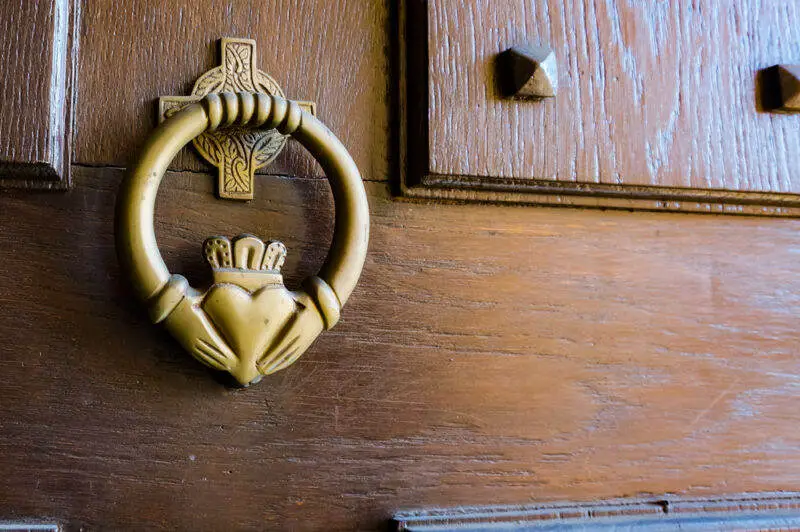
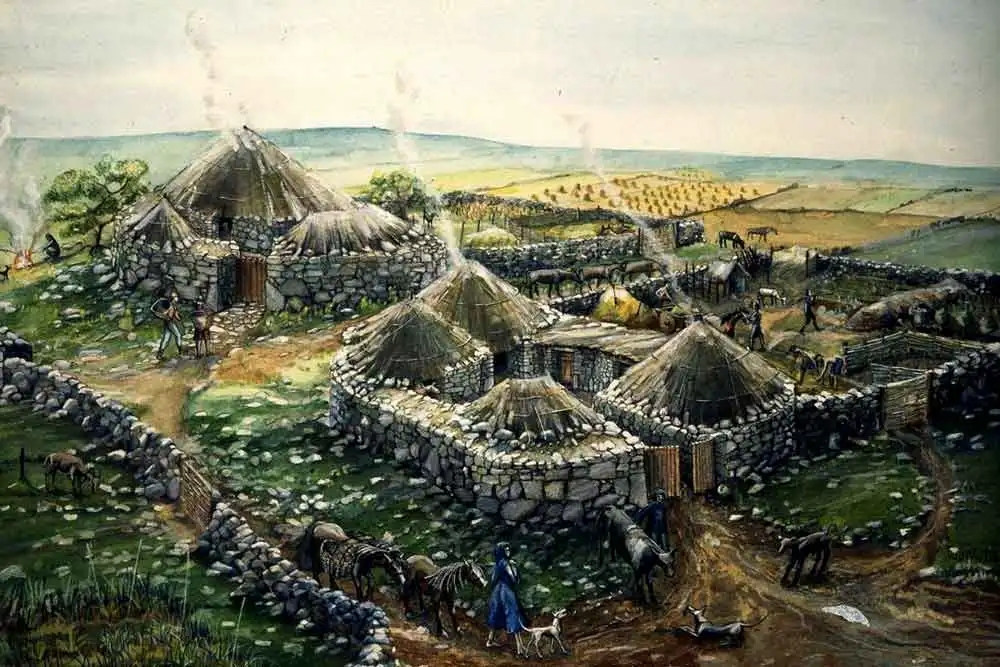
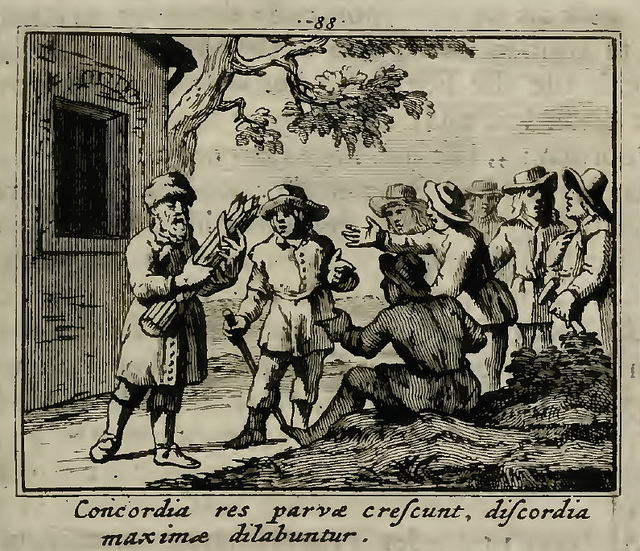
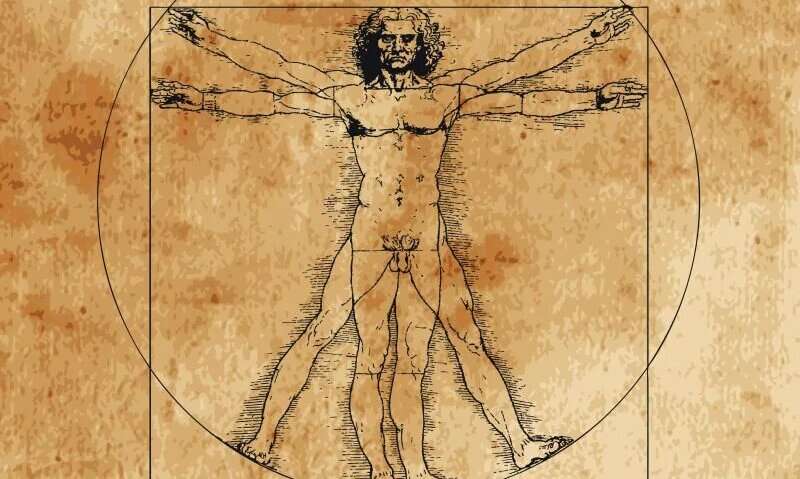
One thought on “Good for Trust”